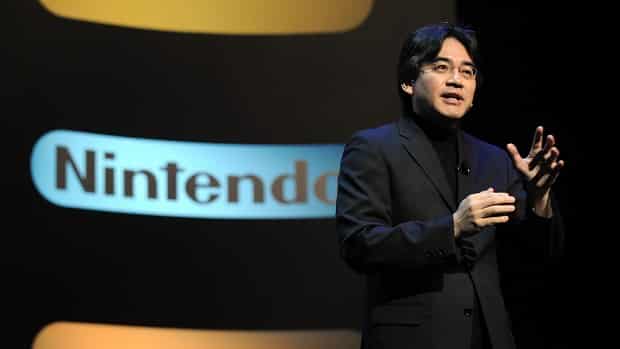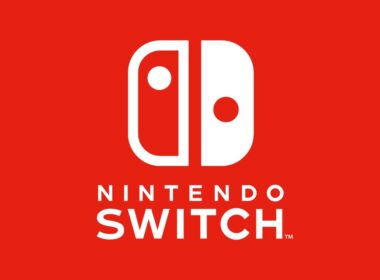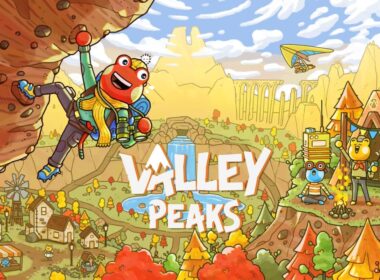Nintendo’s global president Satoru Iwata has boldly stated that the company doesn’t believe that cloud gaming is the future of the industry.
Within his extensive comments he remarked that “dedicated gaming platforms will not die out” with Nintendo working hard to ensure they have a future, perhaps in continuing response to calls for them to develop games for smartphones.
“The term ‘cloud gaming’ is one of the words we have lately heard so often, but I would like people to understand that there are certain things that cloud gaming cannot achieve,” Iwata explained to investors. “A cloud is an attempt to process information online on a server, as opposed to doing so on individual machines in the hands of the users. What this implies is, since the time to transmit data over an Internet connection is never negligible, there is always some latency before you receive the result of your input.”
He continued, “Of course, there are types of games on which delays have no effect. In such instances, it may perhaps make sense to have an input means as well as the ability to display images at hand and let all the information be processed on a server.
“On the other hand, for some highly interactive games, action games in particular, the time required to reflect the push of a button on the screen is critical and the frame rate (the number of times a screen can be updated in a given second) determines the fluidity of the movements. This means that there are some types of games that can be put on the Internet and others that cannot.
“By the laws of physics, it always takes some time to transmit data, and given the current level of Internet technology, there is bound to be some latency during the processes of a server receiving data, producing images instantly and sending them back. There are many things that cloud gaming cannot do by design, but this fact has not been communicated well to the public, and I find it strange that many people claim that cloud gaming is the future.”
Nintendo are stoic in their belief that dedicated gaming platforms have a future, and therefore Iwata deems that cloud gaming won’t become a threat.
“In this sense, what we should be discussing is not cloud gaming but whether dedicated gaming platforms will eventually die out and whether handheld gaming devices and home consoles will one day be unified. Naturally, our stance is that dedicated gaming platforms will not die out and we are determined to create a future where they will not.
“In terms of our platform integration, as I explained to you a short while ago, we are not saying that we are planning to integrate our platforms into one. What we are saying is that we would like to integrate software development methods, operating systems, and built-in software and software assets for each platform so that we can use them across different machines. This means that if we manage to integrate our platforms successfully, we may in fact be able to make more platforms.
“At the moment, we only have our current handheld devices and home consoles because if we tried to make more platforms, our development resources would be spread too thinly. The more we can share software across different platforms, the more development resources will be left for something else. Platform integration does not mean creating one type of platform, but the point is that the united method of software development will enable us to share our most precious software assets across different hardware.
“It is natural that there will be more things that battery-run devices can do thanks to technological advances and game consoles will become more powerful. However, if we try to linearly pursue this direction, software development will become so complicated that we will eventually face a situation where cost recovery becomes a serious issue.
“Therefore we feel that we are nearing a saturation point in terms of simply improving performance or enhancing graphics. What is far more important for the future of video games is whether we can make new propositions in other aspects and create games out of something that people never expected to see in the form of a game.”
Iwata: Cloud gaming not a threat to dedicated games consoles





